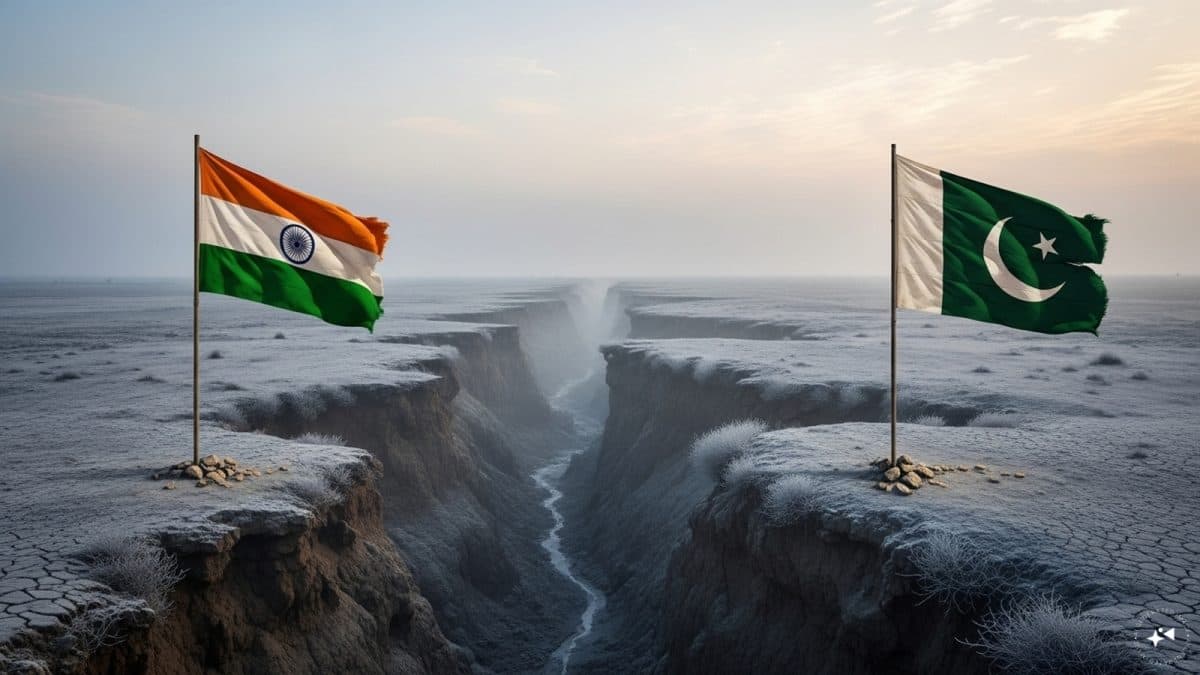In what is seen as a new phase of estrangement, India and Pakistan’s diplomatic freeze since the 2019 Pulwama–Balakot crisis has now outlasted even post-war silences, with no envoys, dialogue, or back-channel talks.
More than six years after India and Pakistan withdrew their top diplomats in the aftermath of the 2019 Pulwama terror attack and subsequent Balakot airstrikes, the two neighbours remain locked in a diplomatic freeze that has now outlasted even the post-war silences of the past.
The rupture, which began in February 2019 when both nations recalled their high commissioners has become the longest sustained diplomatic freeze in the history of India–Pakistan relations, surpassing even the chill that followed the 1971 war that led to the creation of Bangladesh.
At that time, despite a full-scale conflict and territorial redrawing, formal diplomatic relations were restored within four years. By contrast, the 2019 break has persisted for over six years, marking an unprecedented stretch without envoys or official dialogue.
Unlike previous confrontations, the 2019 rupture has proven more enduring than actual wars. Following the 1965 conflict, diplomatic ties were quickly normalised through the Tashkent Agreement of 1966.
Even during the 1999 Kargil war and the 2001–2002 military standoff, when troops were mobilised along the border, both nations kept their ambassadors in place and lines of communication open. Today, however, there are no high commissioners stationed either in Islamabad or New Delhi and bilateral dialogue has ceased at every official and ministerial level.
Diplomatic missions in both capitals now function with only skeletal staff, managing consular and administrative work but devoid of substantive engagement. The absence of high commissioners, symbolic of a complete breakdown in trust highlights how political and diplomatic channels remain frozen.
What makes the current impasse particularly striking is the absence of even publicly acknowledged back-channel efforts, a tool frequently employed in past crises to explore limited openings for dialogue.
Analysts say this prolonged silence reflects the hardened political climate on both sides. In New Delhi, the government has linked any resumption of talks to Pakistan’s demonstrable action against cross-border terrorism.
Islamabad, meanwhile, insists that dialogue cannot resume unless India reverses the constitutional changes made to Jammu and Kashmir in August 2019. With both sides entrenched, the freeze has become less a pause and more a new normal, one that outlasts wars, summits and leadership changes.
For two nations whose rivalry has defined South Asian geopolitics for over seven decades, this absence of conversation is itself a powerful statement, that the trust deficit today runs deeper than the scars of past wars.
End of Article
